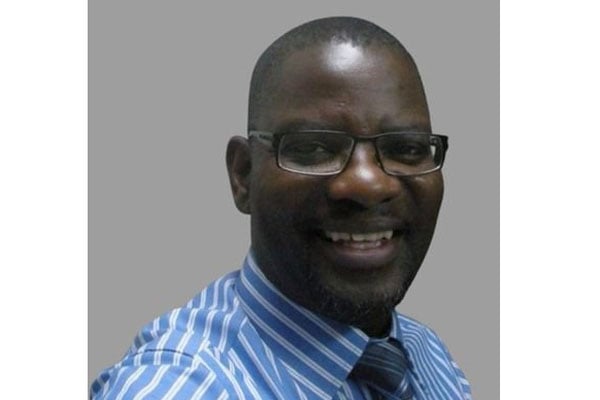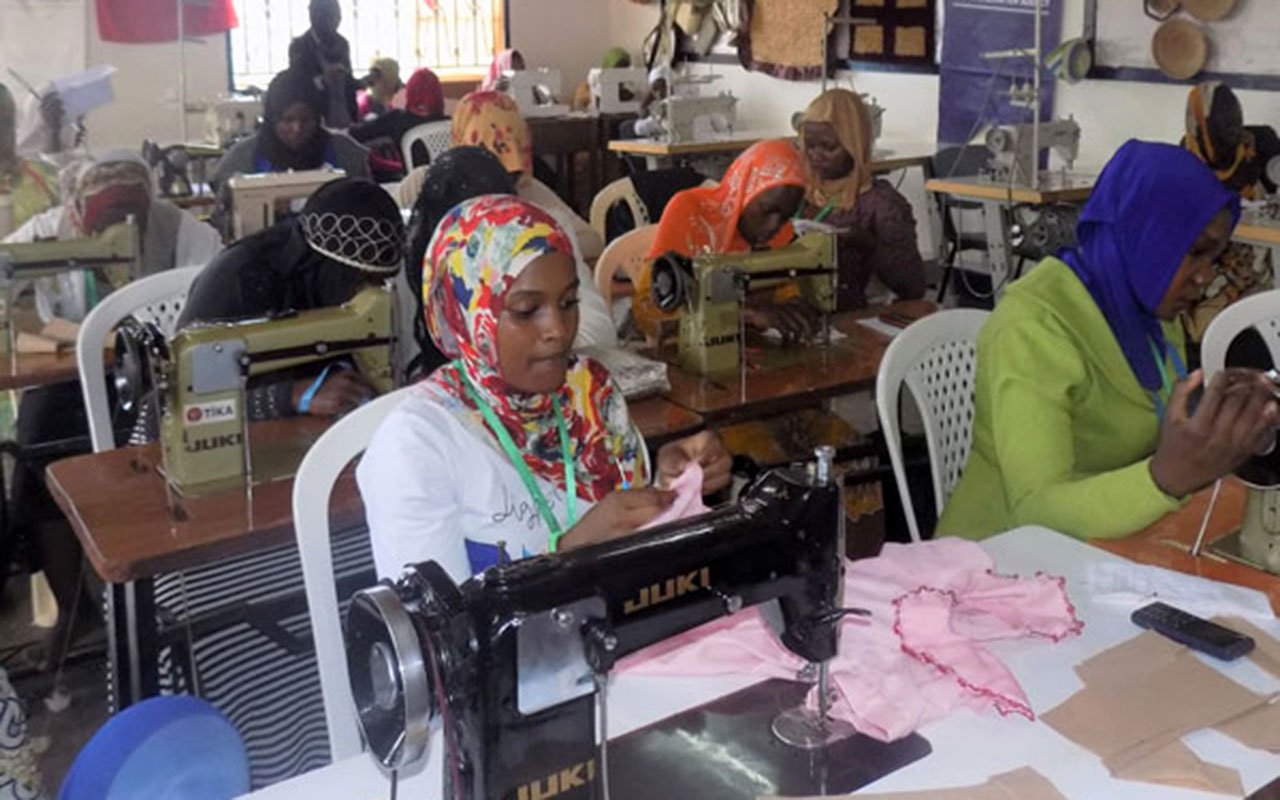Prime
Why education managers need theory to reposition themselves

Our children are again knuckling down to the serious business of getting from their teachers all kinds of knowledge to be crammed and regurgitated during the end of term or semester examinations. That is the cardinal problem of our education system.
Teachers go through the motions of throwing something at their charges, who throw it back to them during exams without much reflection, critical thinking or analysis.
It is for this reason why every single report on our education system will tell us the very things we already know. First, our children are not learning. Second, poverty and unemployment will continue to bite due to an educational curriculum preparing graduates for non-existent jobs. Third, learners will “progress” from primary to university without acquiring any useful skills.
Amid all these sorrows, doubts and problems, the government was wrong-footed by the World Bank to adopt a policy of automatic promotion in our Universal Primary Education programme. (Ironically, it is the same institution that told us recently that our children are not learning!)
I want to reiterate the three variables that our educational managers must prioritise to reposition themselves for better leadership of our education system. These are: Direction, information and problem-solving.
Clearly, there is a dire need for a rethink of our national development agenda. We must take a firm initiative to set a strategic new direction for our education system, provide appropriate information to all stakeholders, and solve the problem of low/non-productivity of graduates of our education institutions.
We must ensure there is a balance among the leaders (officials at the Ministry of Education, the National Curriculum Development Centre, and school owners/administrators), the groups being led (teachers and learners), the learning environment (especially infrastructure) and the tasks (teaching and learning).
Undoubtedly, we will not achieve much if we continue with the kind of knee-jerk approach to decision-making, problem-solving and policy implementation now troubling our education system.
Look at what happened at the beginning of this school year. Government officials suddenly transferred hundreds of head teachers, deputy head teachers, teachers, tutors and bursars. What theory informed such a sudden move? What problem was the government trying to solve?
This is just one more instance in which I have failed to discern any theory before the action. I define theory in this context as a set of interrelated concepts, assumptions and generalisations that systematically describe and explain behaviour in our education system. A concept is a mental representation of a unit of concrete experience.
An assumption is a statement that may be taken for granted or accepted as true until proved otherwise. (For example, your car does not start in the morning. You ask yourself: Is it because of fuel or battery?) And a generalisation indicates a mutual relationship between concepts.
Education is a costly enterprise requiring consideration of those three things. So, education managers require the kind of theories and principles that can help them in curriculum review/implementation, staff development, resource allocation, and effective budgeting, accounting and auditing, which knee-jerk action cannot provide answers for.
We must not recreate the experience of China during the “cultural revolution” of 1966 to 76 – a time of an acute mismatch between the education system and the labour market. Let us emulate the post-Mao Zedong leadership, whose reforms in education, agriculture and other key sectors made China the second largest economy in less than 40 years.
We have a young, dependent population. But, thanks to the explosion of knowledge and the means of communication that have expanded access to knowledge from far and wide, we can achieve meaningful employment and meaningful opportunities by addressing the challenges our children face in comprehending and applying that knowledge.
If our children cannot comprehend the knowledge their teachers and lecturers rehash and pass to them, how on earth can we expect the learners to apply that knowledge to specific situations on the ground?
Dr Akwap is the acting deputy vice
chancellor for academic affairs
at Kumi University. [email protected]




